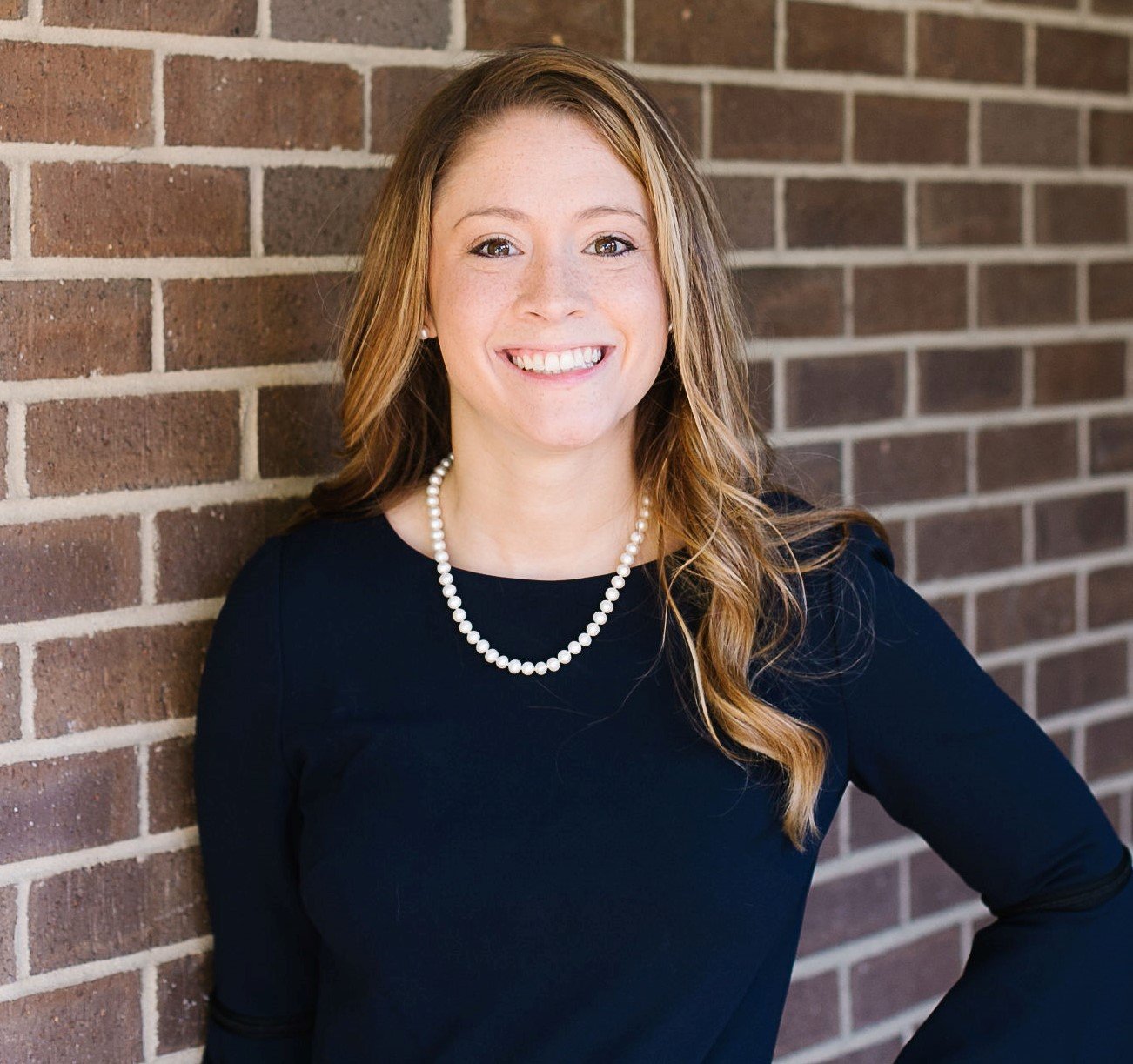Global View Investment Blog
SC Investment Advisors Warn: Beware of Scams
A few weeks ago, I got a call from a “Duke Energy technician” who said he was in route to turn our service off at the office. He attempted to give me a customer service number to call to prevent this. I told him I was not interested and hung up. I am certain this was a scam. He said he would be here in 45 minutes. He wasn’t.
Thinking more about the call, I recognized some red flags: Another company covers our service with Duke through our lease, and Duke Energy won’t disconnect service for non-payment because of the Coronavirus pandemic. Also, our account was up-to-date.
Watching for red flags is an important step to recognizing fraudulent phone calls – emails and other requests – in order to protect yourself against financial scams and identity theft. A little self-defense can be the difference between an uncomfortable experience and the many investment horror stories we hear about. If the SC investment advisors at Global View can be targeted, you can too.
Unfortunately, there are a lot of bad people who are taking advantage of today’s uncertainty and the confusion people are facing during the Coronavirus pandemic, and I thought it was good time to remind you all again to be aware and protect yourself. Don’t fall victim to these scams!
We’ve heard about recent scams related to:
- Social Security
- Financial institutions, such as your bank or credit union
- Loan servicers
- The IRS (because the tax-filing deadline was extended this year, IRS scams are prevalent now with phony requests to review your return or make up for insufficient payments)
- Scholarships and tuition
- COVID-19 testing
- Charities
- Stimulus checks
- Debt reduction and consolidation
- Sales due to the pandemic
Learn about some the most recent scams being reported to the Federal Trade Commission here. Then protect yourself by following the smart financial practices we outlined in this recent blog post: Are You Protecting Yourself from Financial Fraud? You Should Be.
What Do Scams Look Like in the Carolinas?
The Federal Trade Commission (FTC) is an independent agency of the United States government whose principal mission is to protect consumers by preventing and reporting deceptive and unfair business practices, including scams.
With so many COVID-19 and Stimulus-related scams lately, the FTC took it a step further and broke down what scams look like in every state. While the number of reports is decreasing in North and South Carolina, there are still too many to become complacent.
In the Carolinas, the top reports were related to online shopping, followed by travel/vacations, credit cards, financial institutions and credit bureaus, with South Carolina showing a few less reports than North Carolina. Apparently, we can add energy account warnings to that list after my recent experience.
Red Flags
Spotting a fraudulent request for information is easier if you know what to look for.
Phone Calls
- Beware of any request that needs immediate action. Scammers often use this strategy to scare their victims and take advantage of their emotions.
- Don’t give any personal information over the phone.
- If you don’t recognize a phone number, hang up and call the organization directly with a number you have on file.
Emails
- Look for lots of misspelled words. Fraudulent emails often include misspellings on purpose, because scammers know that certain terms will get them blocked.
- Beware of strange links.
- Beware of unfamiliar email addresses.
- If an email routes you to a website, make sure the link is secure. (Don’t click links you don’t know, type in the link for the company yourself)
- Again, beware of any request for personal information without a secure way of submitting it.
Personal information includes things like:
- Social Security numbers
- Account numbers
- Credit Card information
- Birthdates
- Any kind of financial statements
- Driver’s license numbers
- Insurance policy numbers
- Medical information
Fact-checking can also go a long way. For example, in my recent experience, remembering that another company handles our service with Duke through our lease and that Duke Energy won’t shut off power because of the pandemic validated my suspicion of giving any kind of information to the person on the phone. A quick check of the account would have also shown that we were not in default.
Financial Advice
Being aware of fraudulent behavior is one way you can protect yourself from financial scams. Making sure you are working with the right people is another.
In fact, working with the wrong financial advisor is one of the most common financial planning mistakes we see. According to the White House’s Council of Economic Advisers, Americans lose around $17 billion every year due to conflicts of interest.
Read our recent blog post: 5 Signs You May Be Working With the Wrong Financial Advisor.
Even small fees, hidden commissions and minor mistakes can have a big effect on the amount of money you have down the road.
To protect yourself, make sure to work with a fee-only, fiduciary financial advisor. A fiduciary has a legal responsibility to put a client’s best interest first, and a fee-only compensation model ensures that the only way a financial advisor is being paid is by the client, removing even the perception of a conflict of interest.
Global View operates as a fee-only fiduciary 100 percent of the time. Global View is also an independent financial services firm, meaning we don’t push any products or have any quotas we must meet, and we invest alongside our clients. If our clients are successful, we will be too. For more on what this business model looks like, click here.
Global View is also one of just a few full-service investment firms that offer family-office style services in the Carolinas. With a team of financial advisors, accountants and an estate planning attorney under one roof, you know that everyone on your financial team is following these same high standards. You also know where to go and who to talk to about all of your financial needs and can be confident that nothing is missed when sharing information.
If you’re looking for SC investment advisors or are ready for a second opinion, contact us to see how we can help.

Written by Erin Milner
Erin works as a paraplanner alongside our Advisors in managing client relationships and special financial planning needs, including retirement transition, education, and estate planning. Erin began working in the financial advisory business upon graduating from the University of Georgia with a BS in Financial Planning in 2015. She competed in the National Financial Planning Student Challenge in 2014. Erin is a member of the Financial Planning Association. She volunteers at Habitat for Humanity as a Financial Assessor.
Are you on track for the future you want?
Schedule a free, no-strings-attached portfolio review today.
Talk With Us






